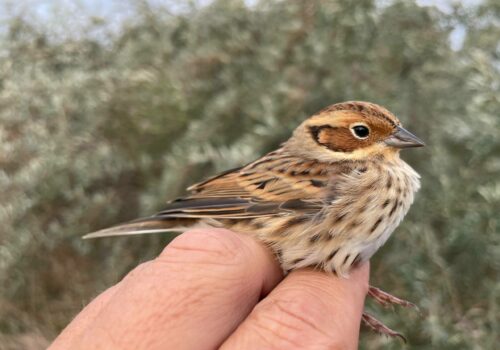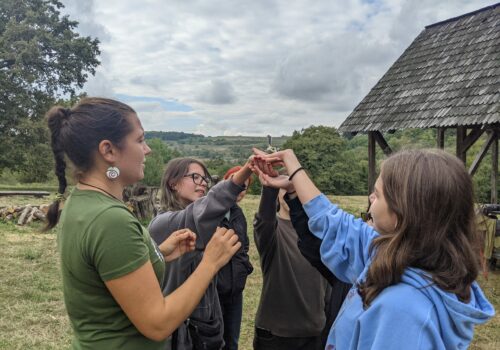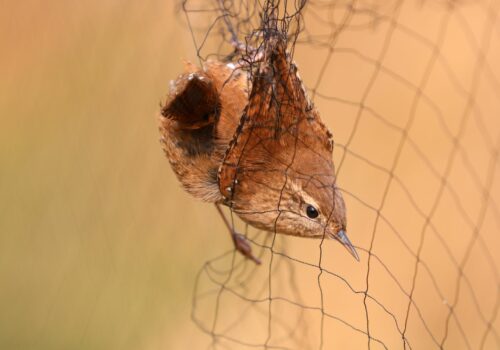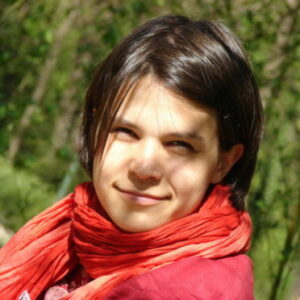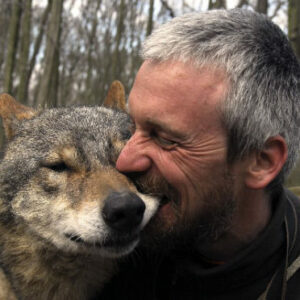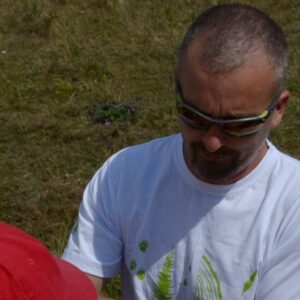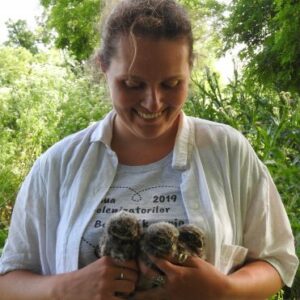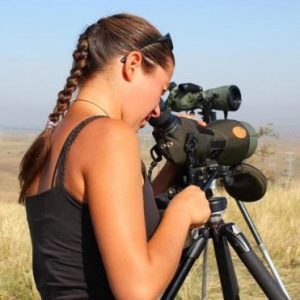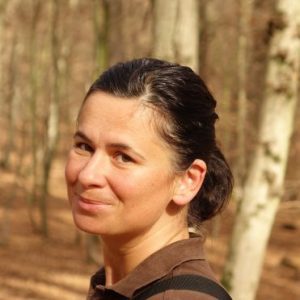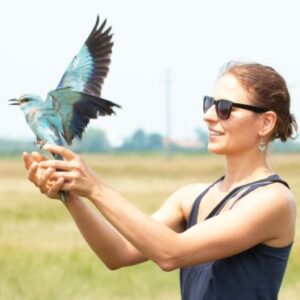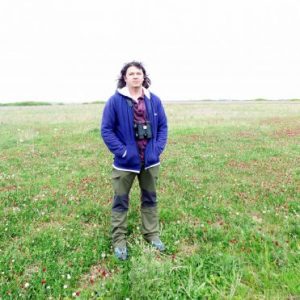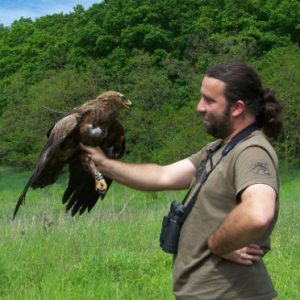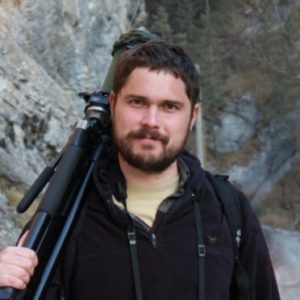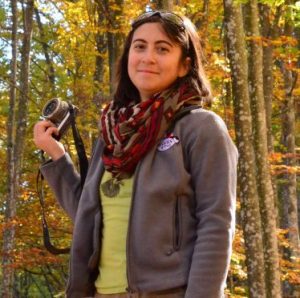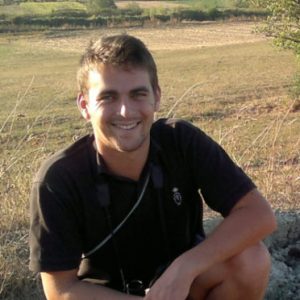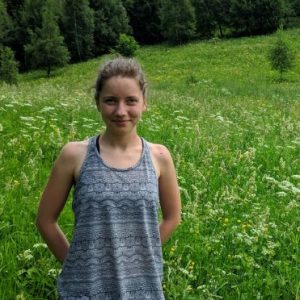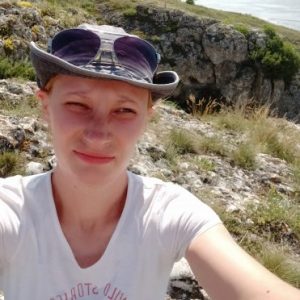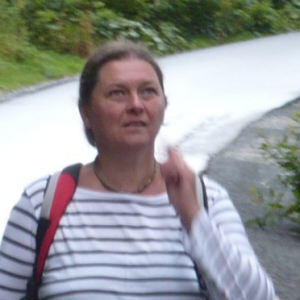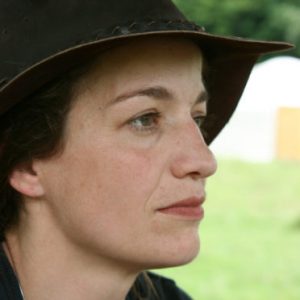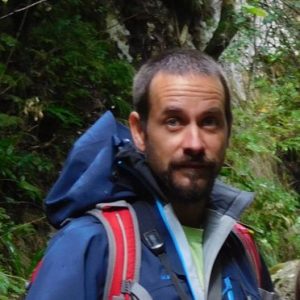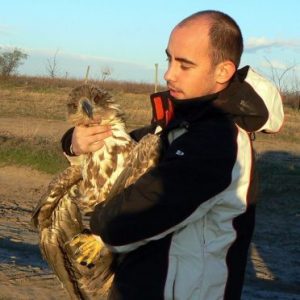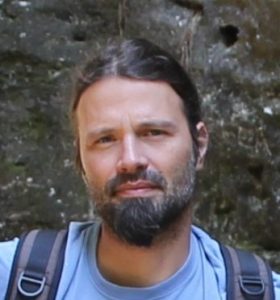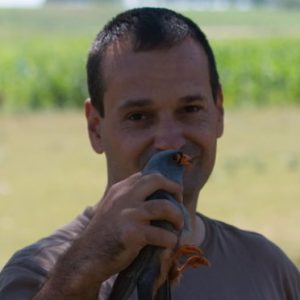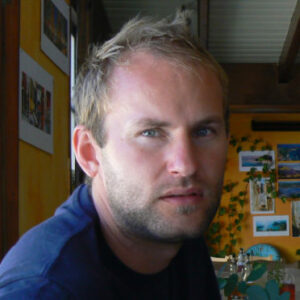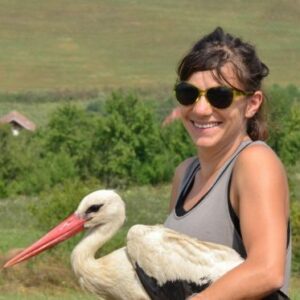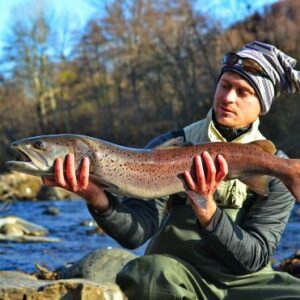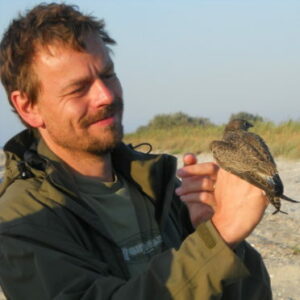Our ornithologists ringed 130 storks in a few days. The ringing activity of the “Milvus Group” Association takes place every year at the end of June, when our colleagues ring the newborn storks with the help of the Electrica electricity company.
This year we marked chicks in Mures, Cluj and Harghita counties. Young and old alike followed the activity at the ringing sites.
In Mures county, the biggest interest was of course in Dumbrăvioara, also known as the village of the stork. From this village, two nests could be followed via our live webcams.
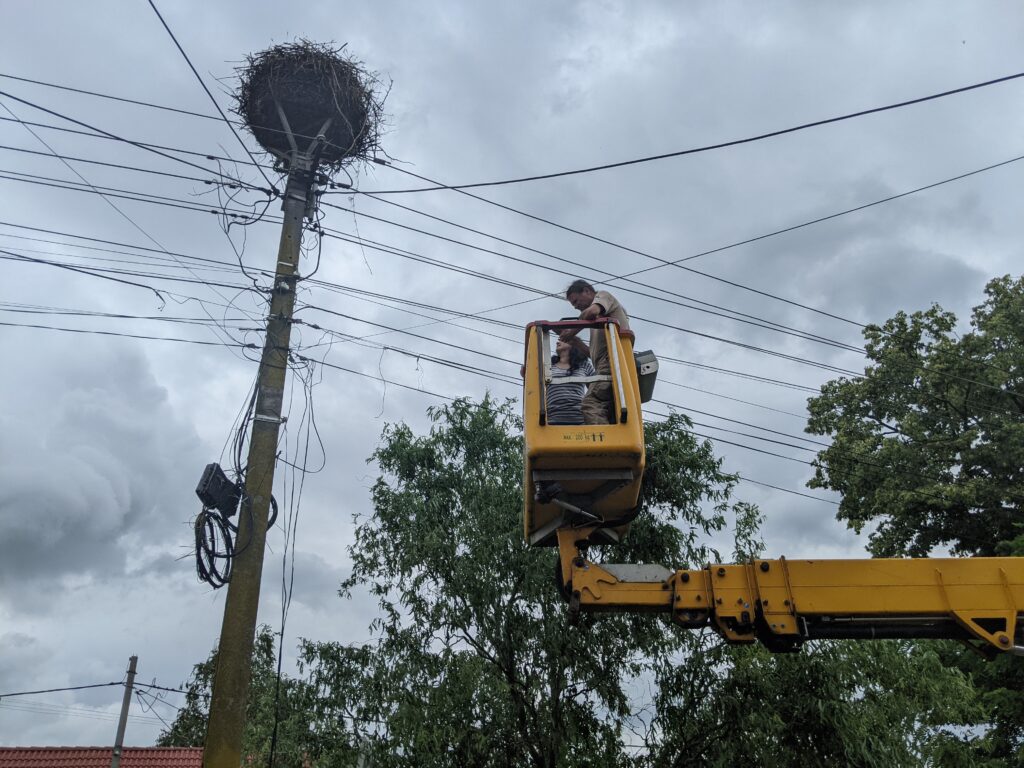
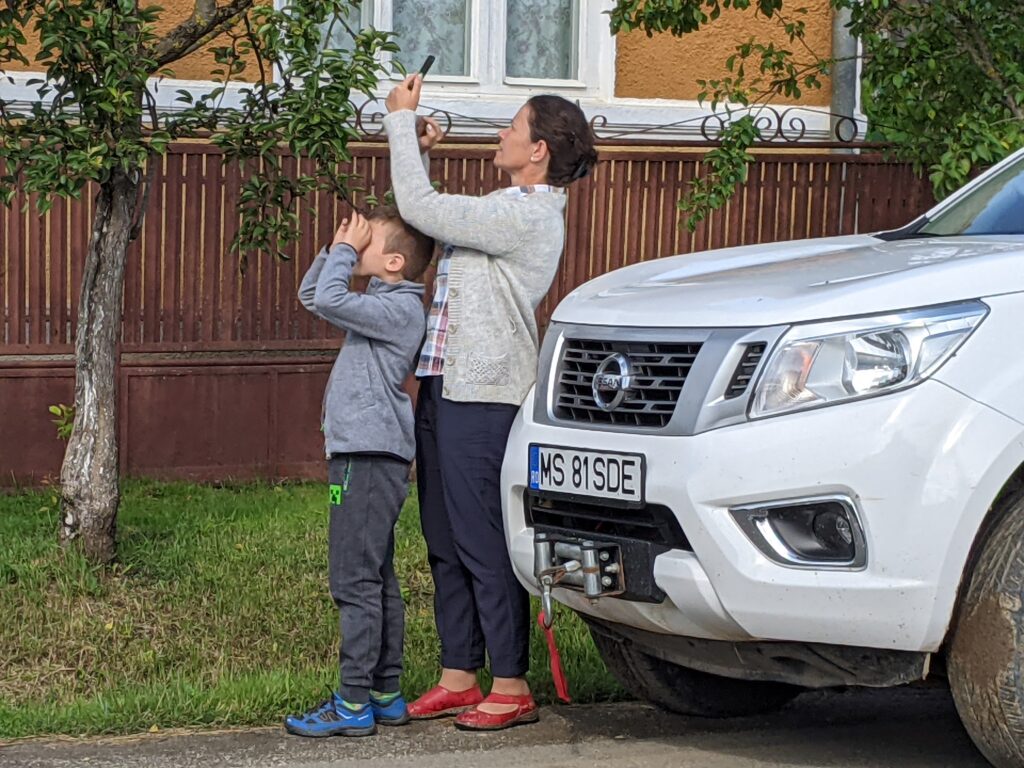
In Cluj County, we marked chicks in two villages, Vlaha and Săvădisla. In both places, a large number of curious people watched as we marked the chicks that were brought down from the nest. In the case of the nest în Săvădisla, which was equipped with a camera, the ringing could be watched live via the clujbird.ro website.
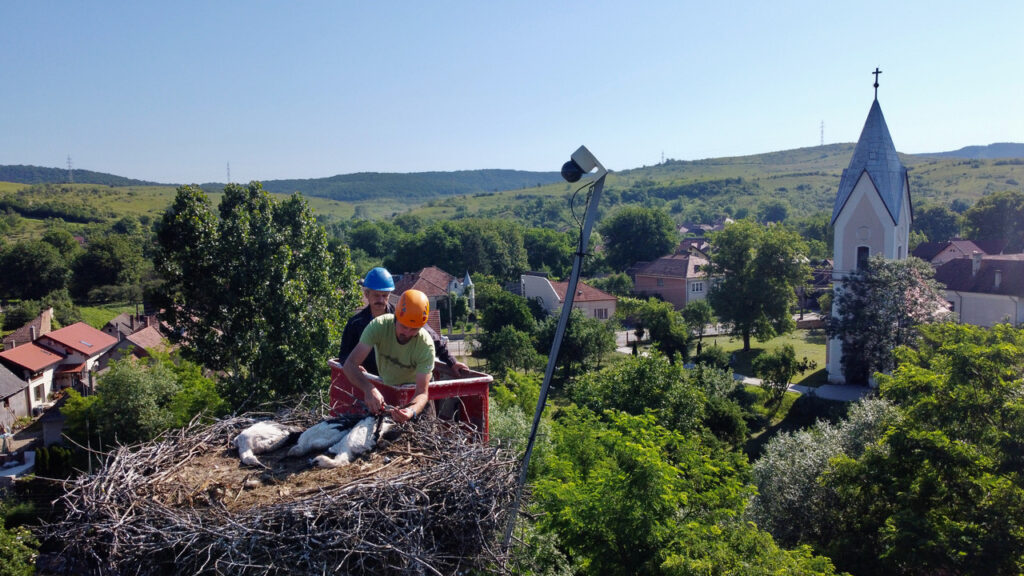
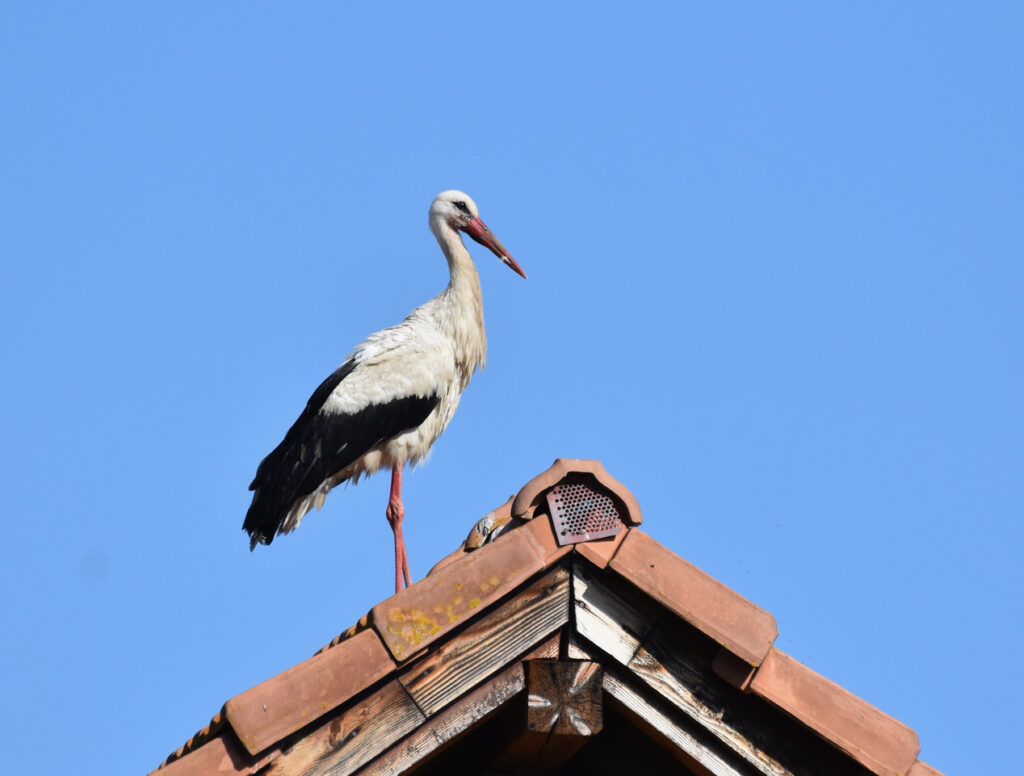
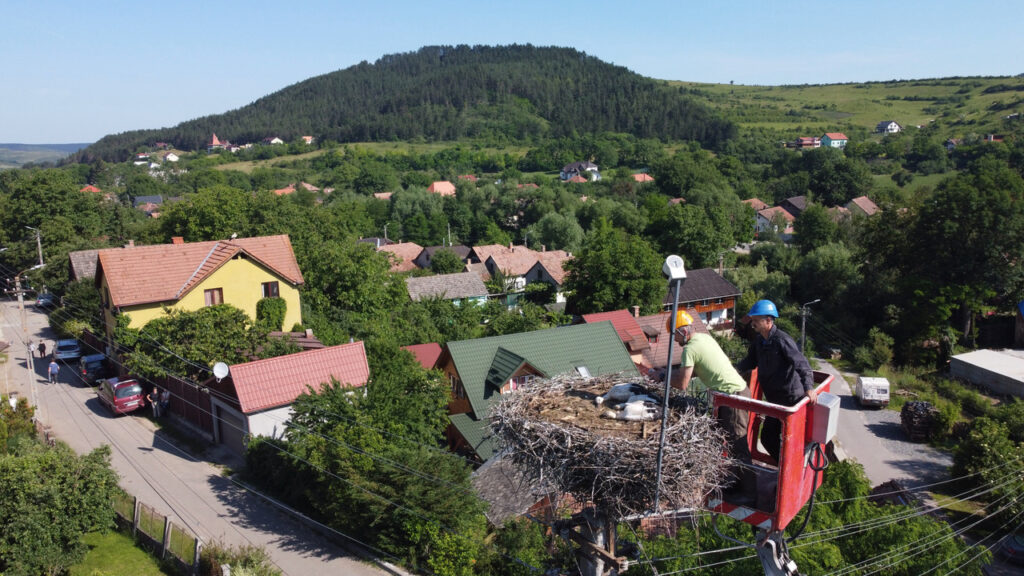
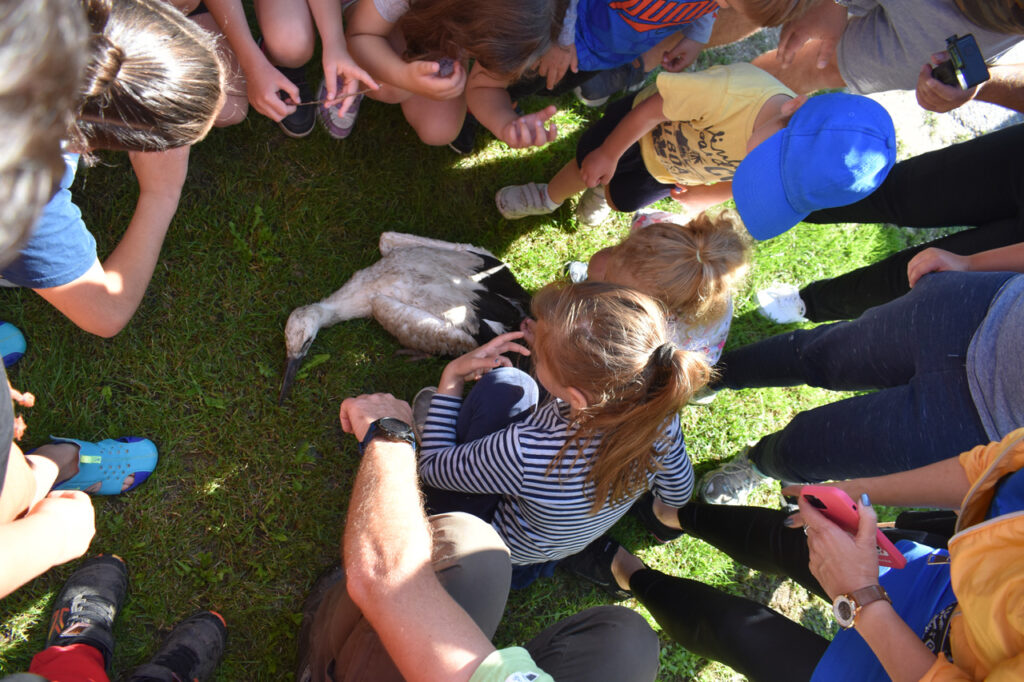
In Sânpaul, Harghita County, we visited the nests for the fifth time. In some parts of the village, storks were nesting on the top of almost every electricity pole, so we marked a large number of chicks here. The marking has already yielded results, as we have seen birds marked in several nests from previous years – now rearing their own chicks.
During the ringing activity, two rings were placed on each chick’s leg: a uniquely coded metal ring on the left leg and a plastic ring on the right leg. The code on the plastic ring is much easier to read from a distance with binoculars. Our colleagues also collect biometric data, such as the length of the beak and wings. All this data is compiled into a database and helps experts learn more about migration routes, nesting sites and dispersal behaviour. After two months, these chicks will make their first trip to Africa, where they will spend the next 2-3 years, and then return to our country to lay eggs. The ringing has already shown that not all chicks follow the textbook example – some return to their breeding grounds within the first year of birth.
Acknowledgements: stork ringing requires a lot of organisation and hard work in all locations. We are grateful to the local residents who have been patient with the inconvenience caused by the short power cuts. Electrica, the electricity utility company, has been our partner for many years in our activities for stork ringing and stork conservation. Several enthusiastic members and volunteers have contributed to the success of the ringings: László Barta in Mures county, Árpád Gazda and teachers of local schools and kindergartens in Cluj county, Imre Simó, Mátyás Csont-Kelemen, Réka Simó, László Kocsis, Botond Kacsó, Szironka Nemes, Eszter Füstös, Julianna Mike, Kata Mihály, Áron Mihály in Harghita county.
Finally, check out our video of this year’s ringing in Dumbrăvioara.

